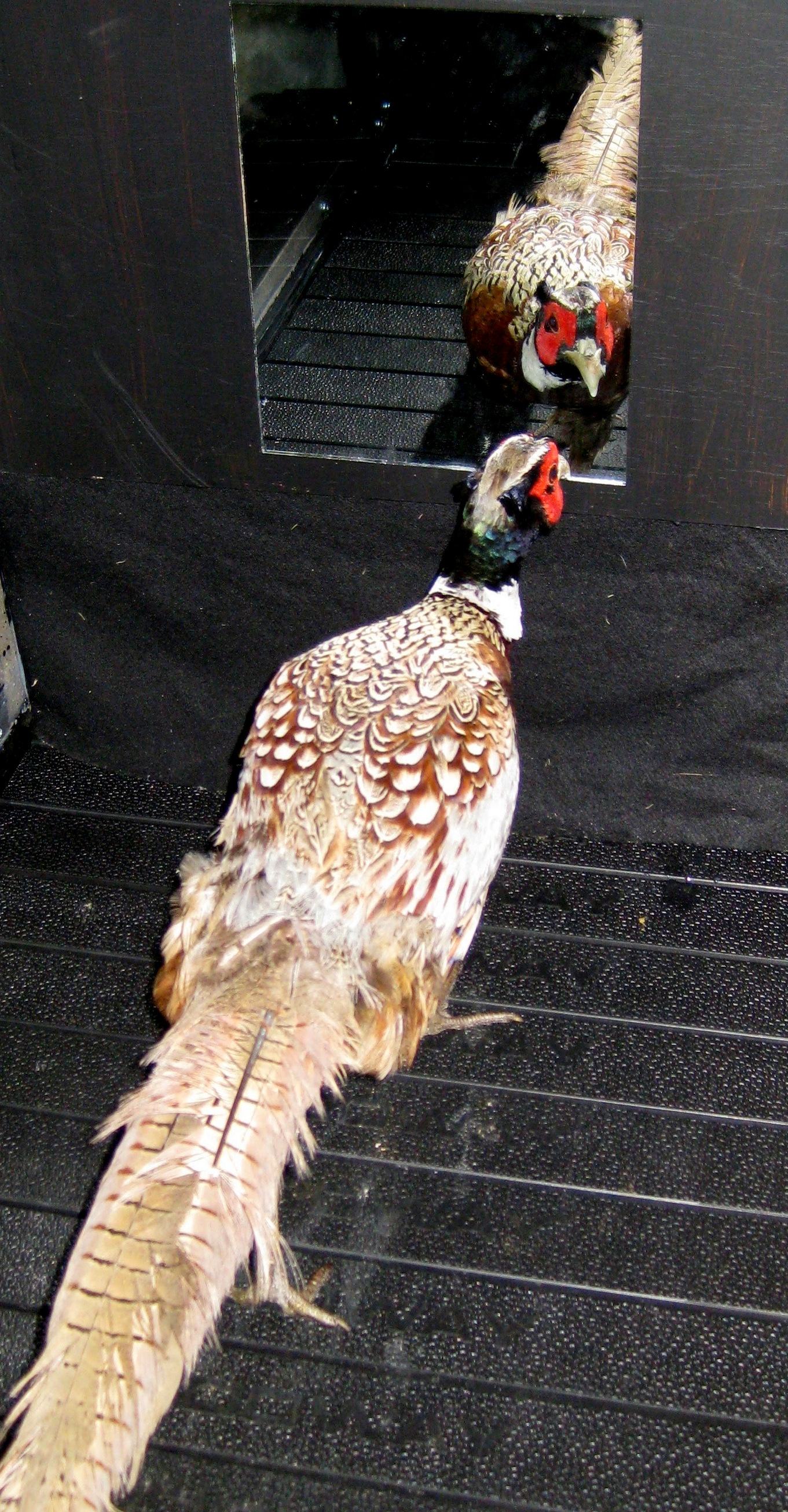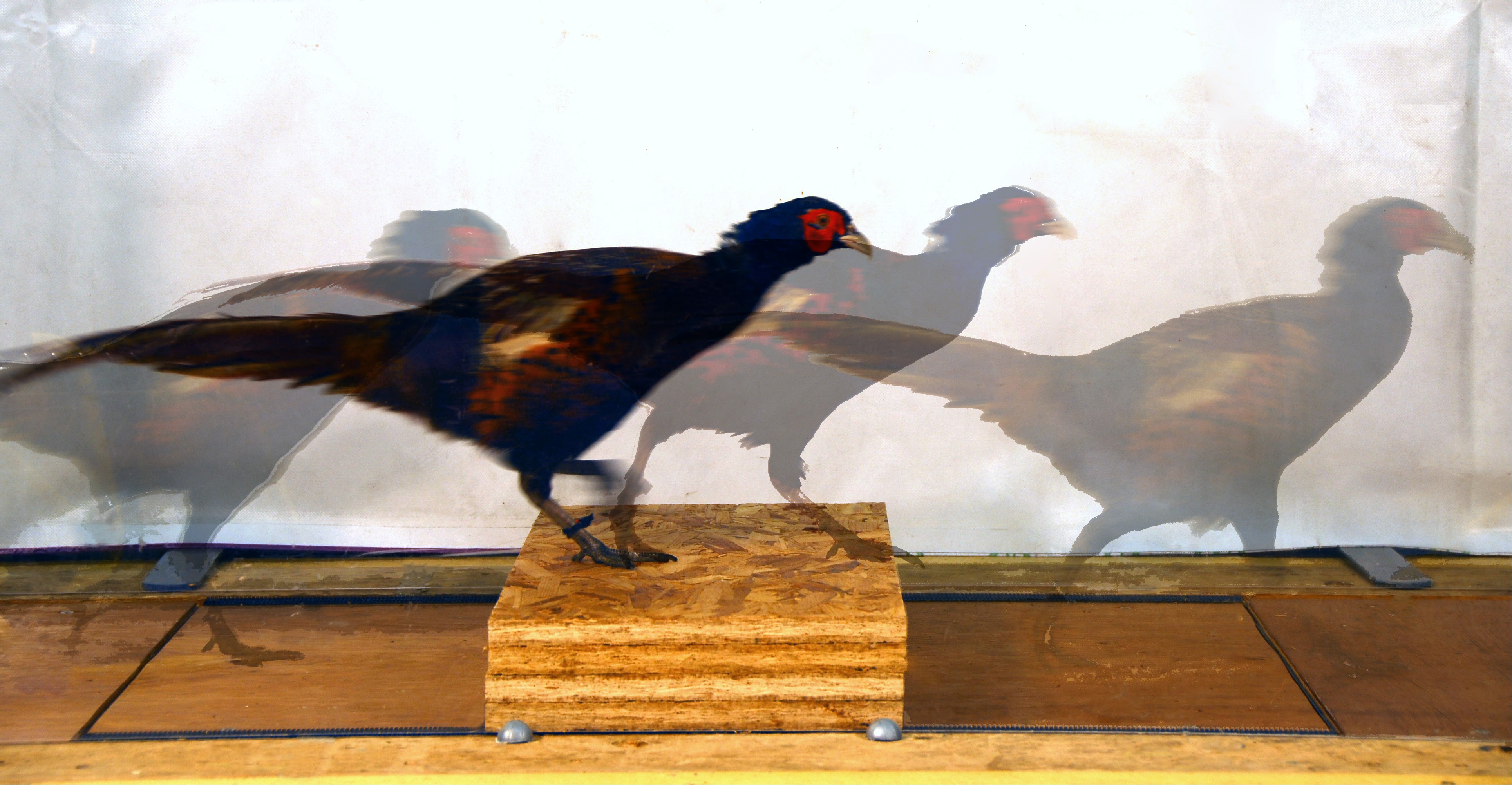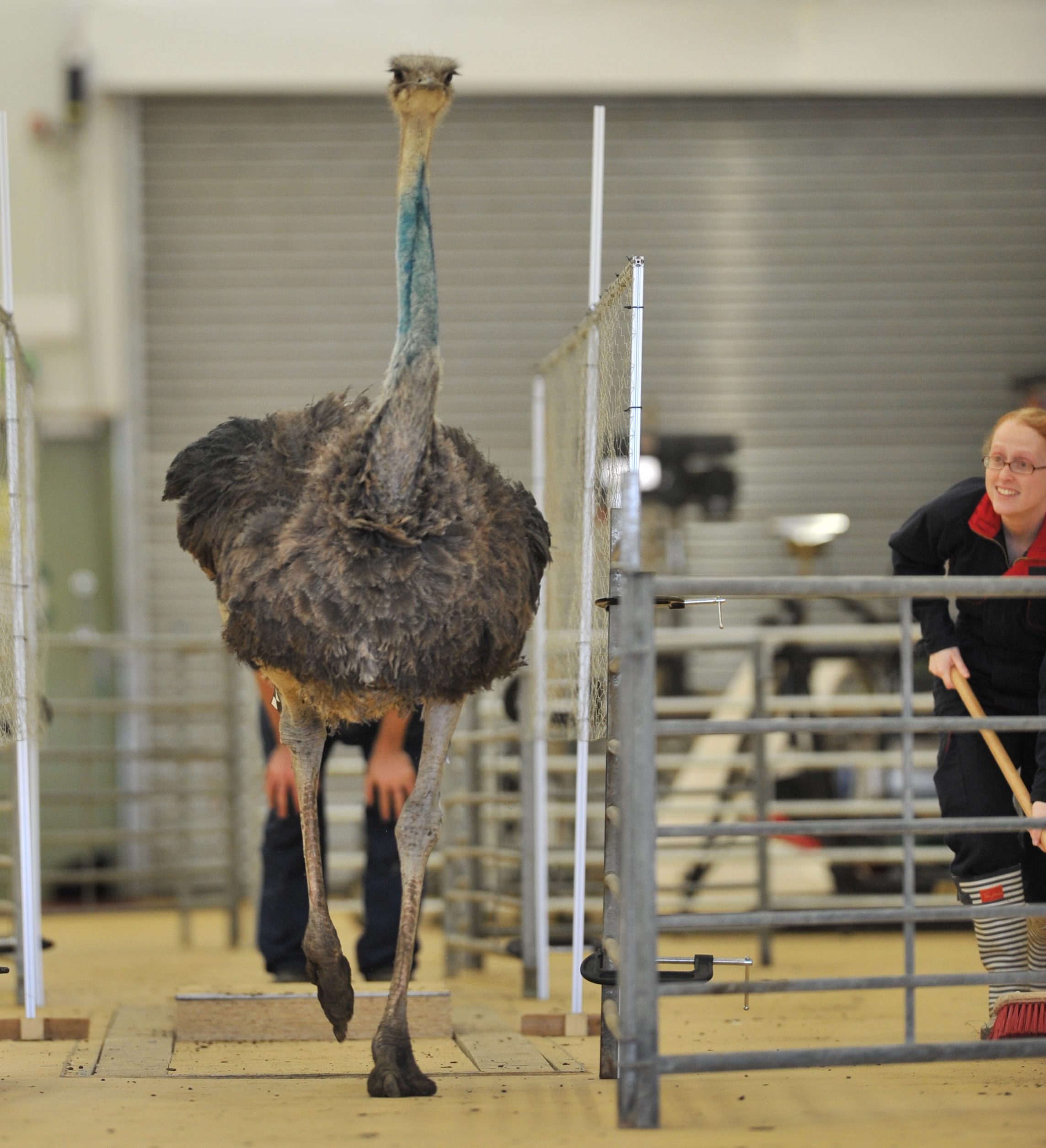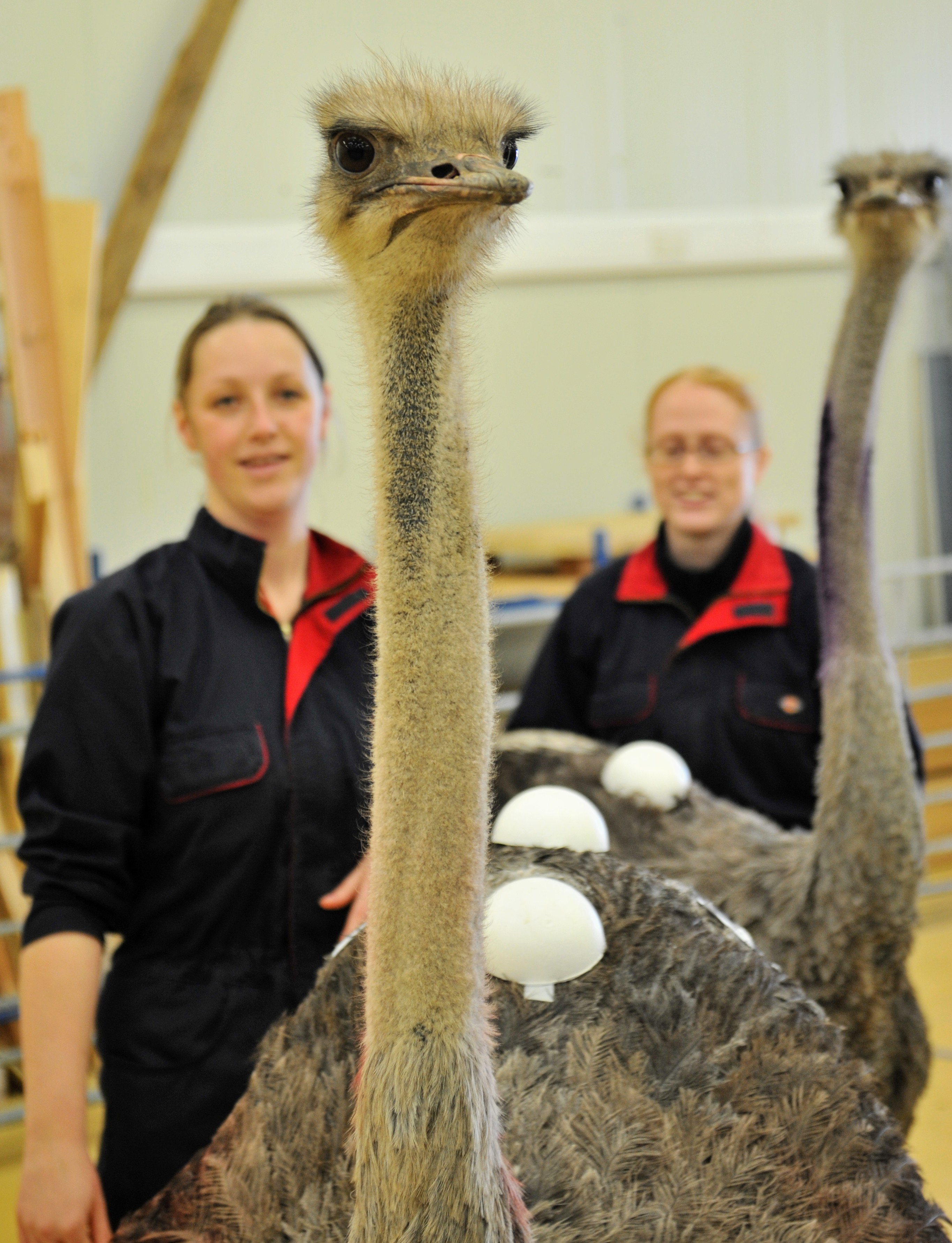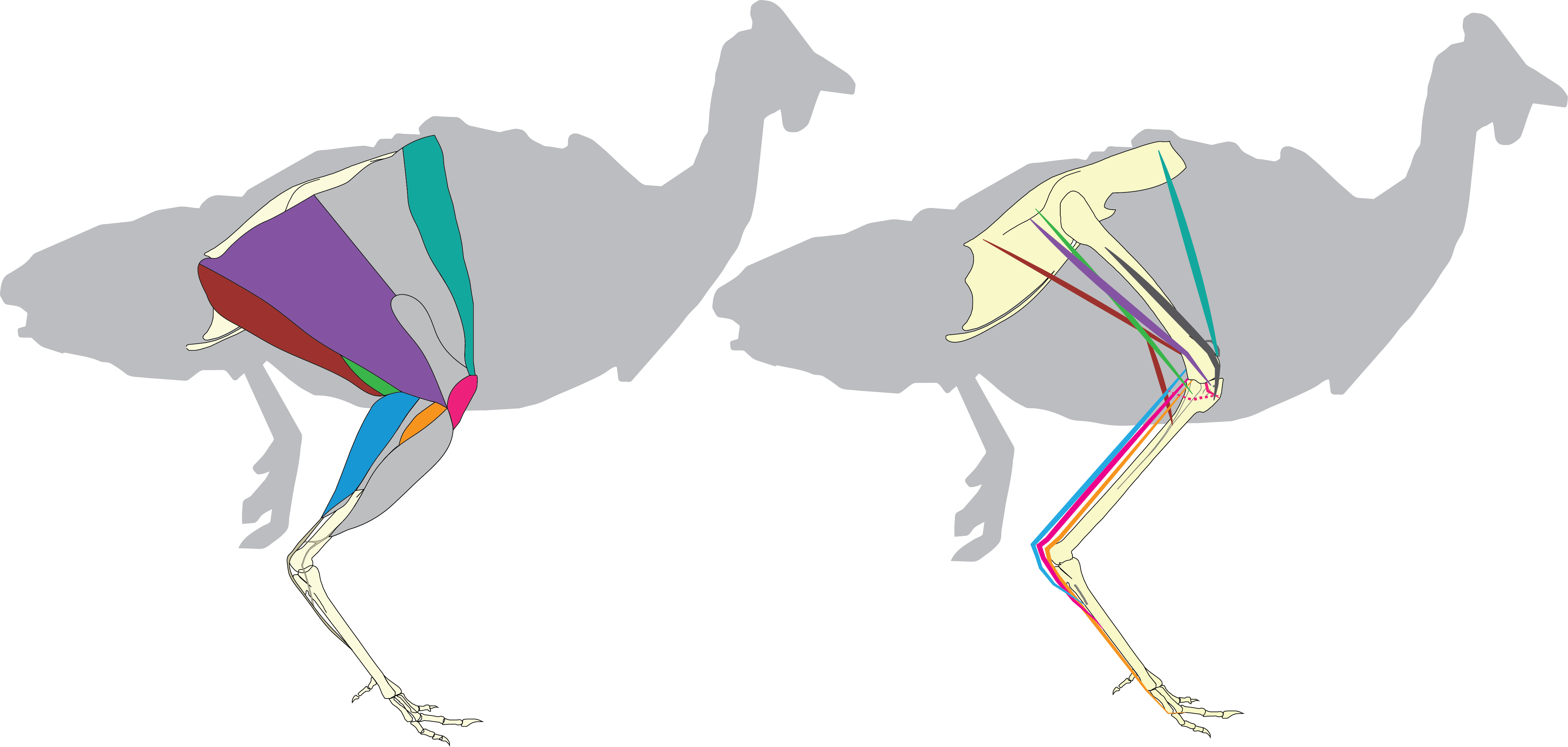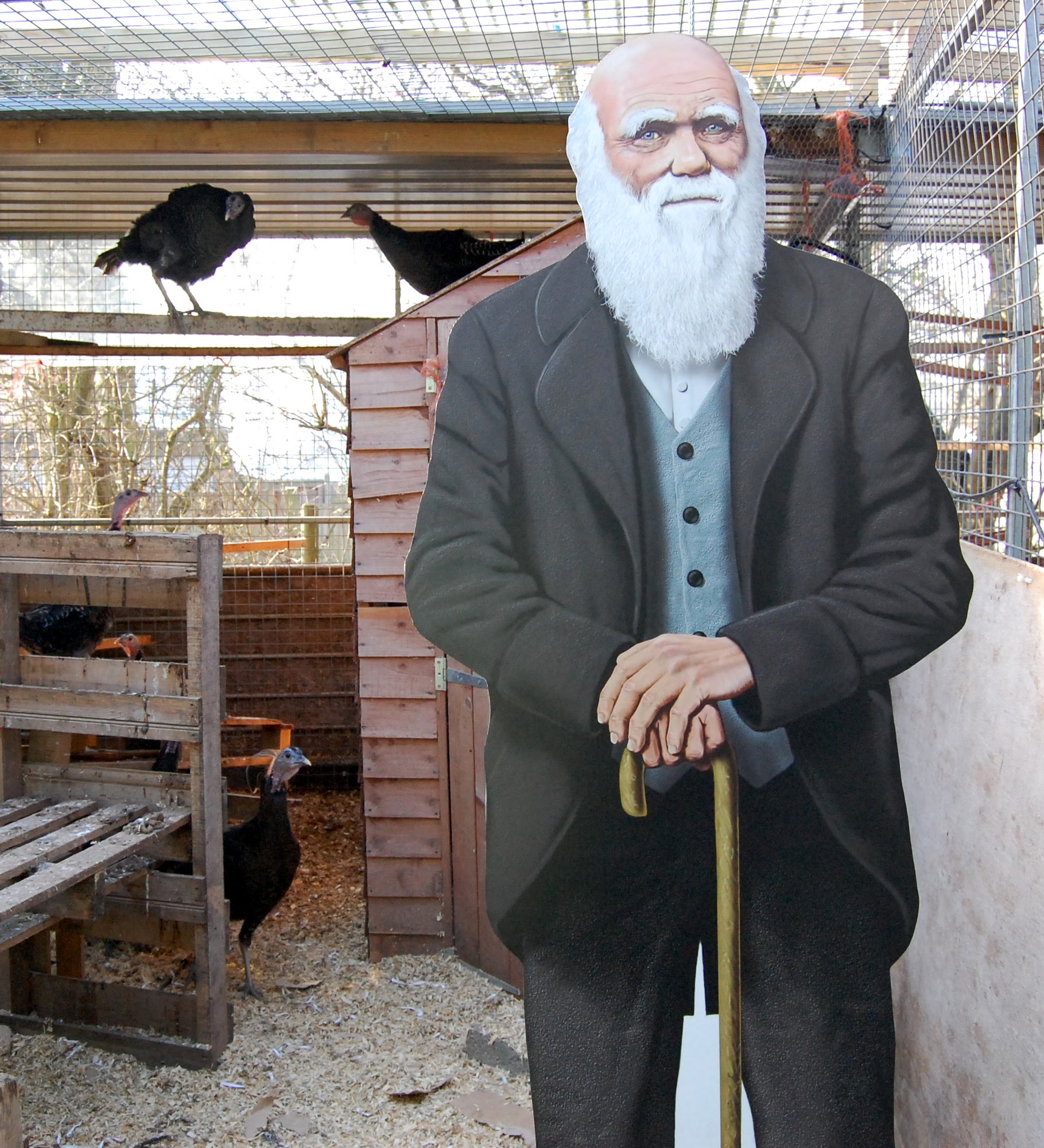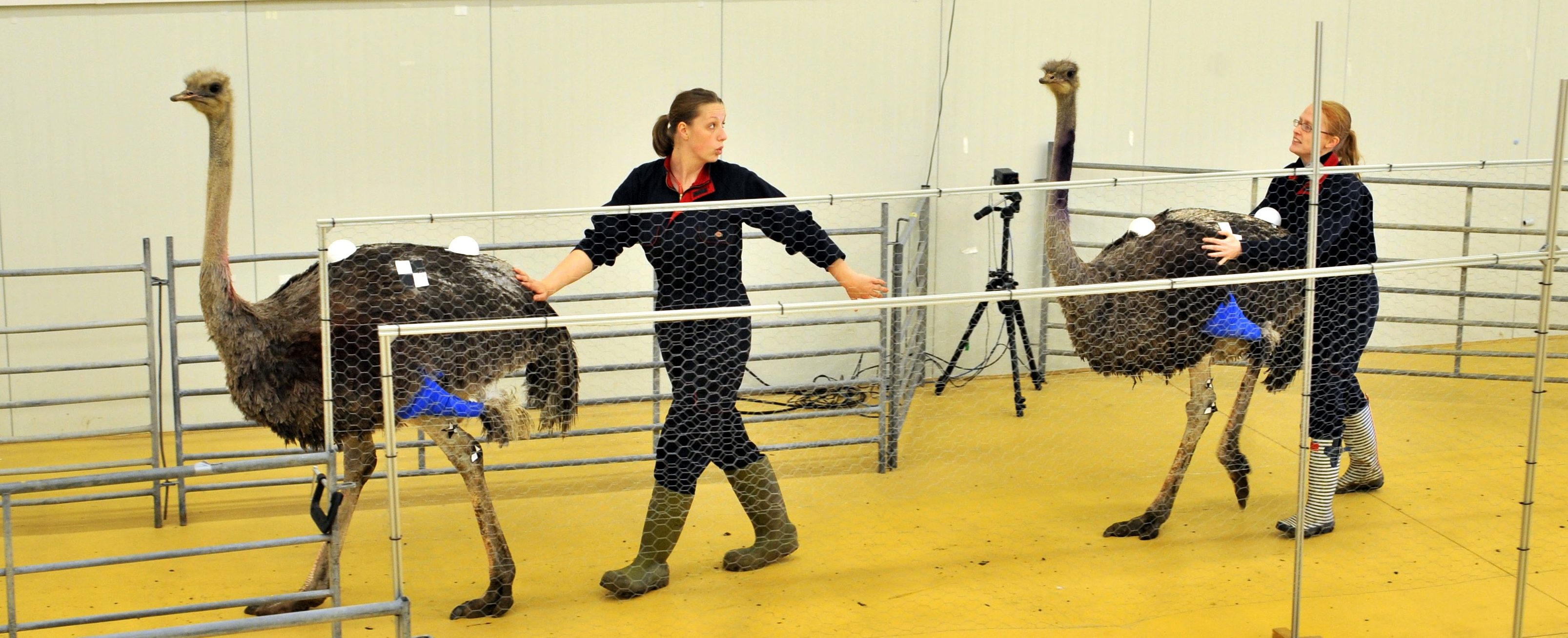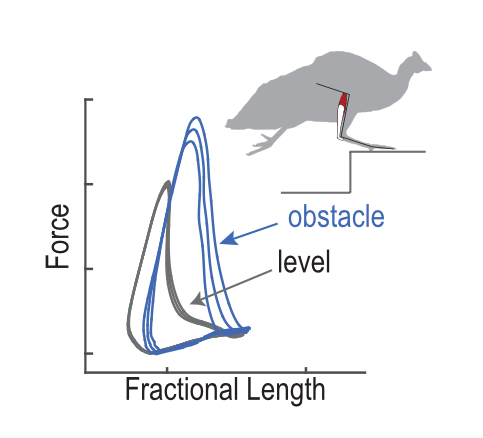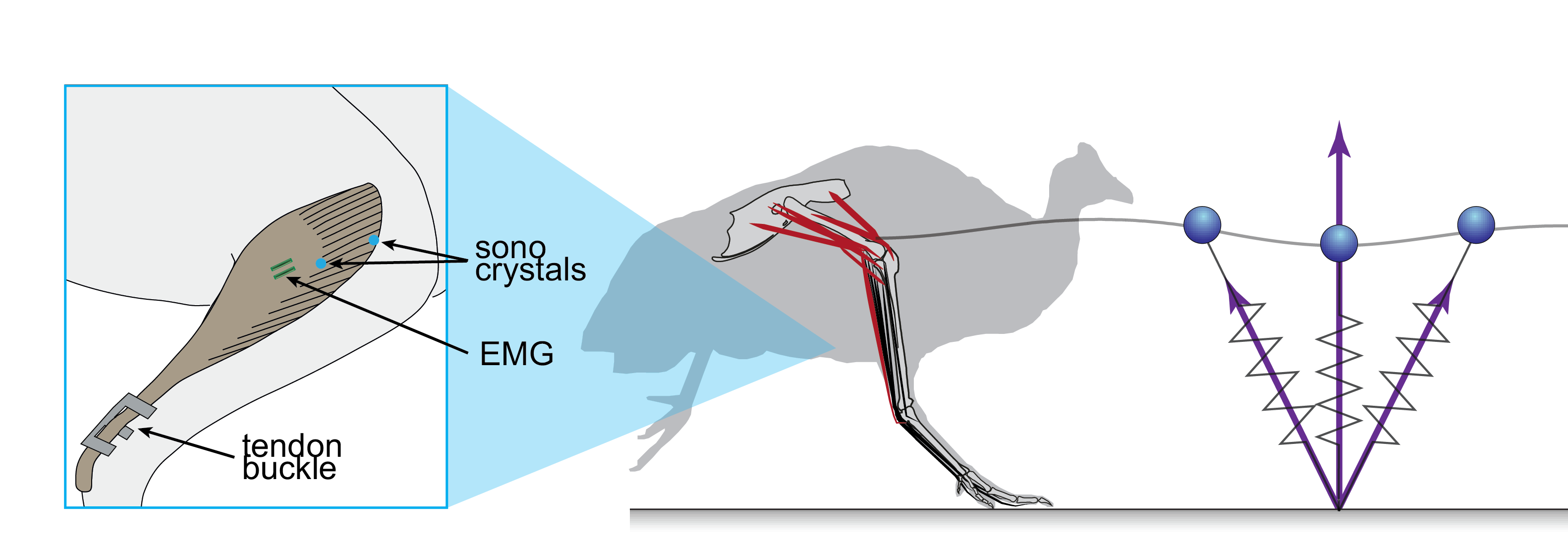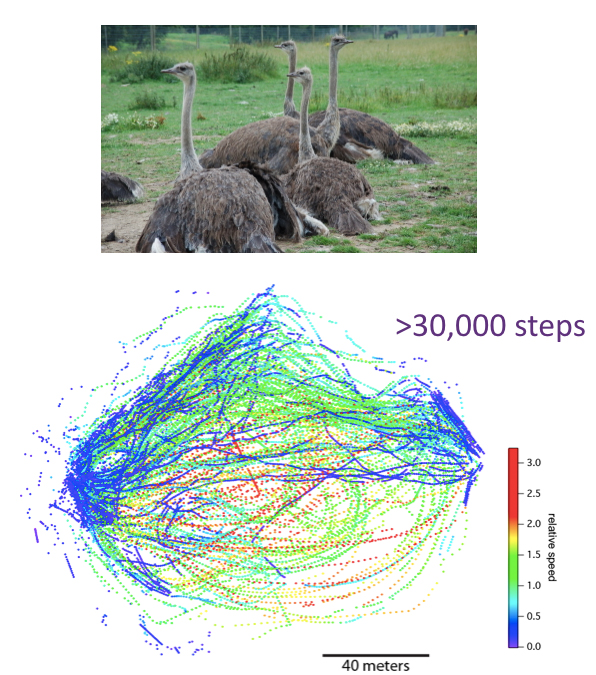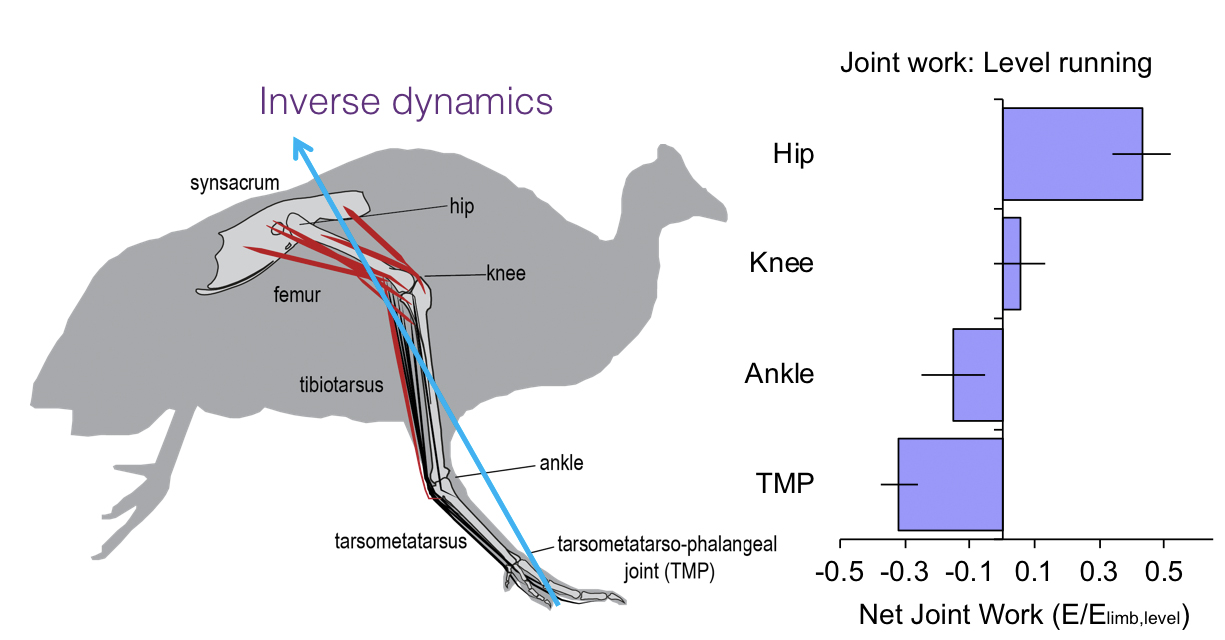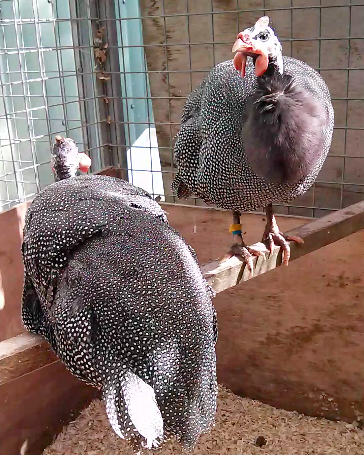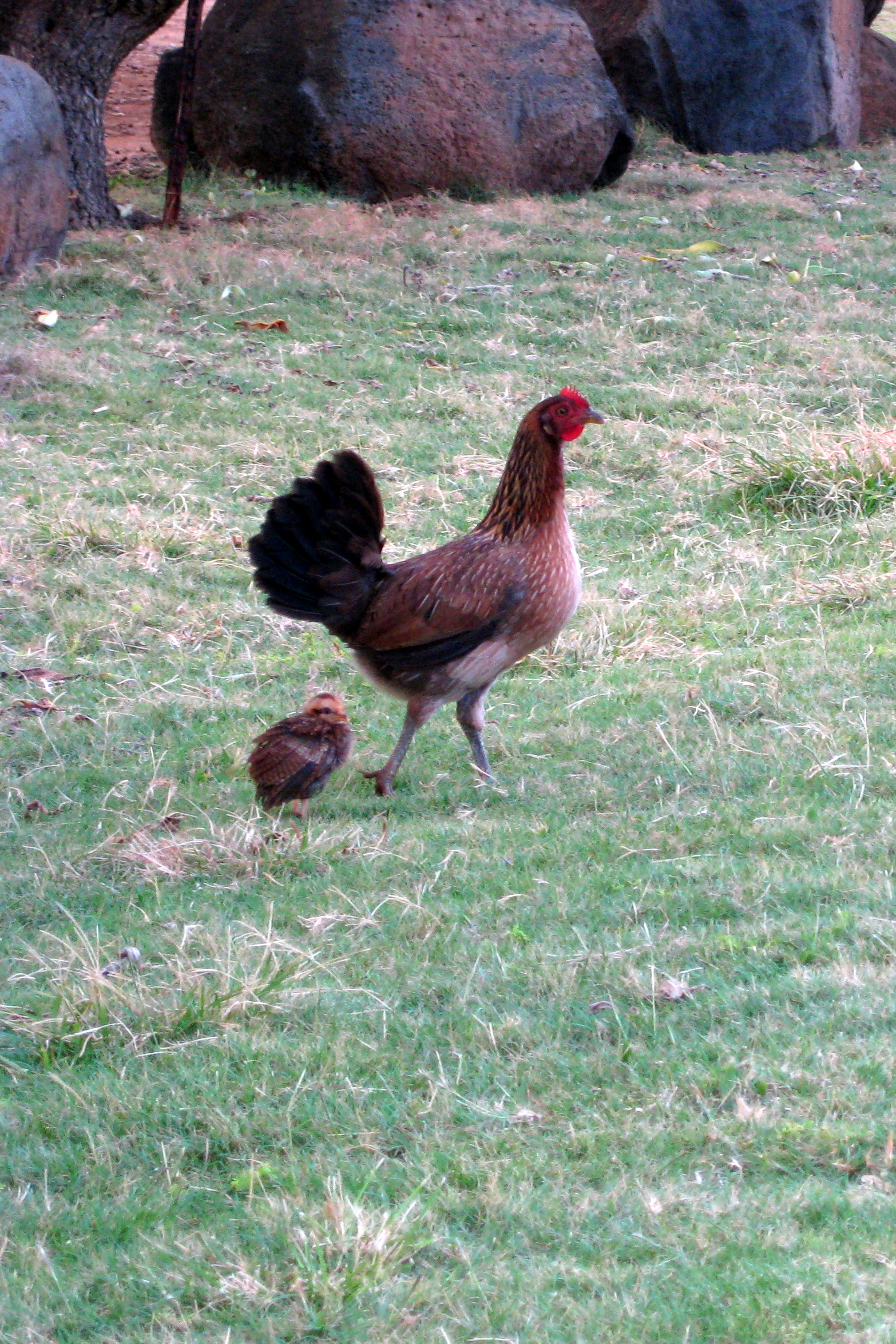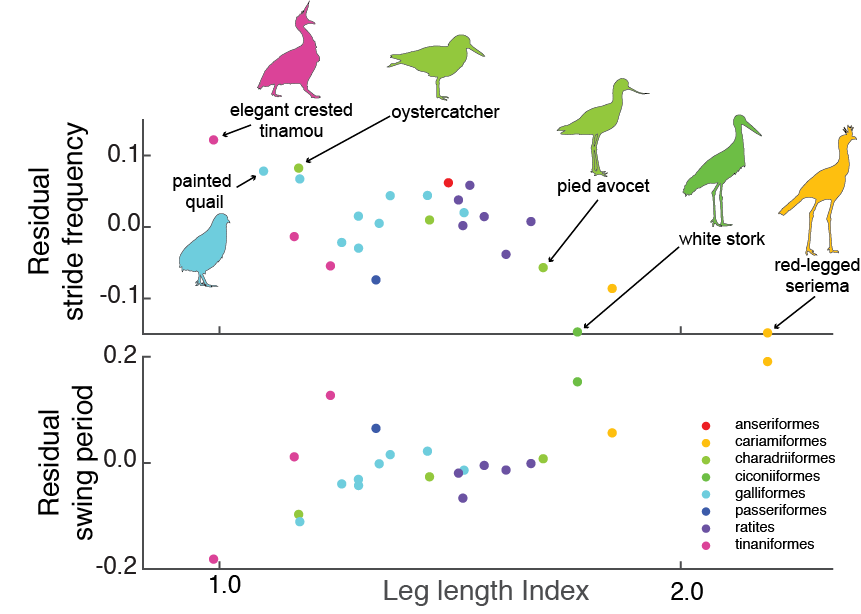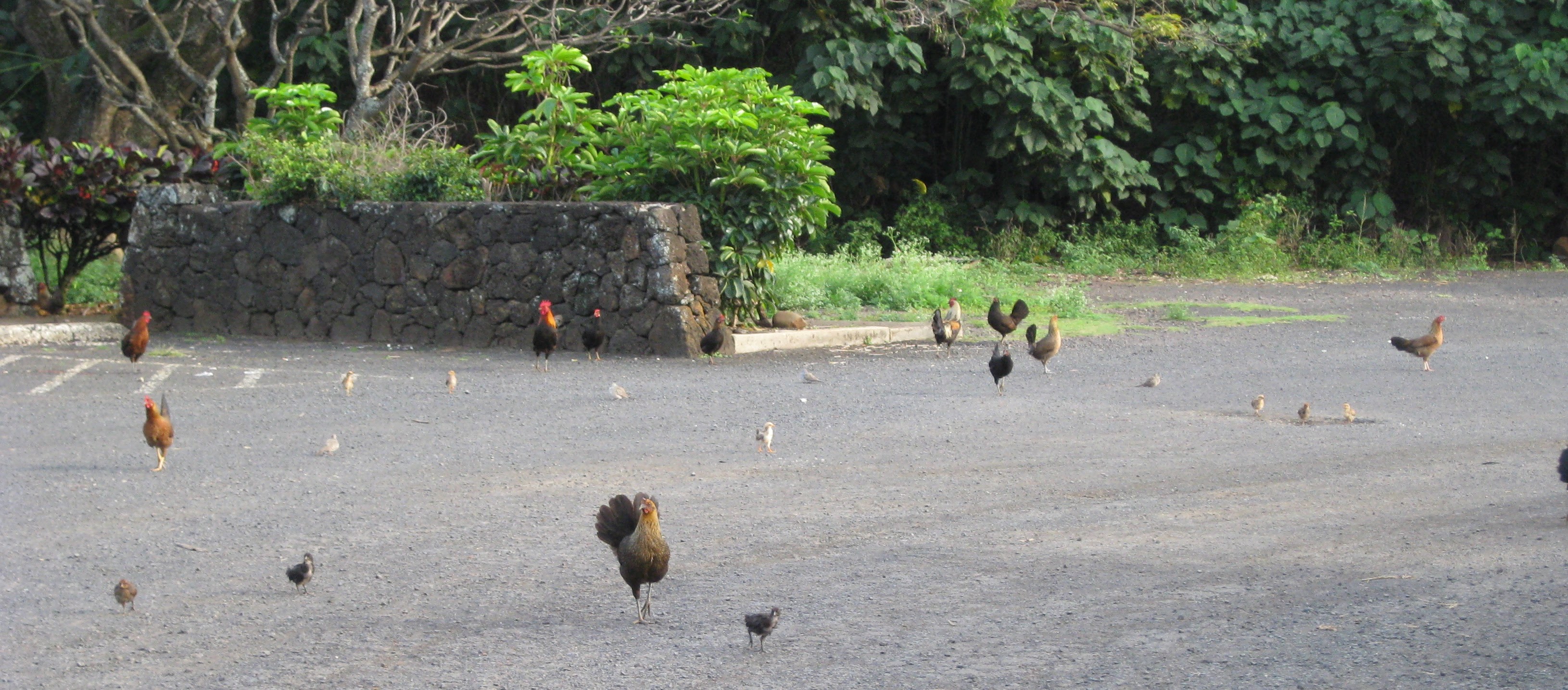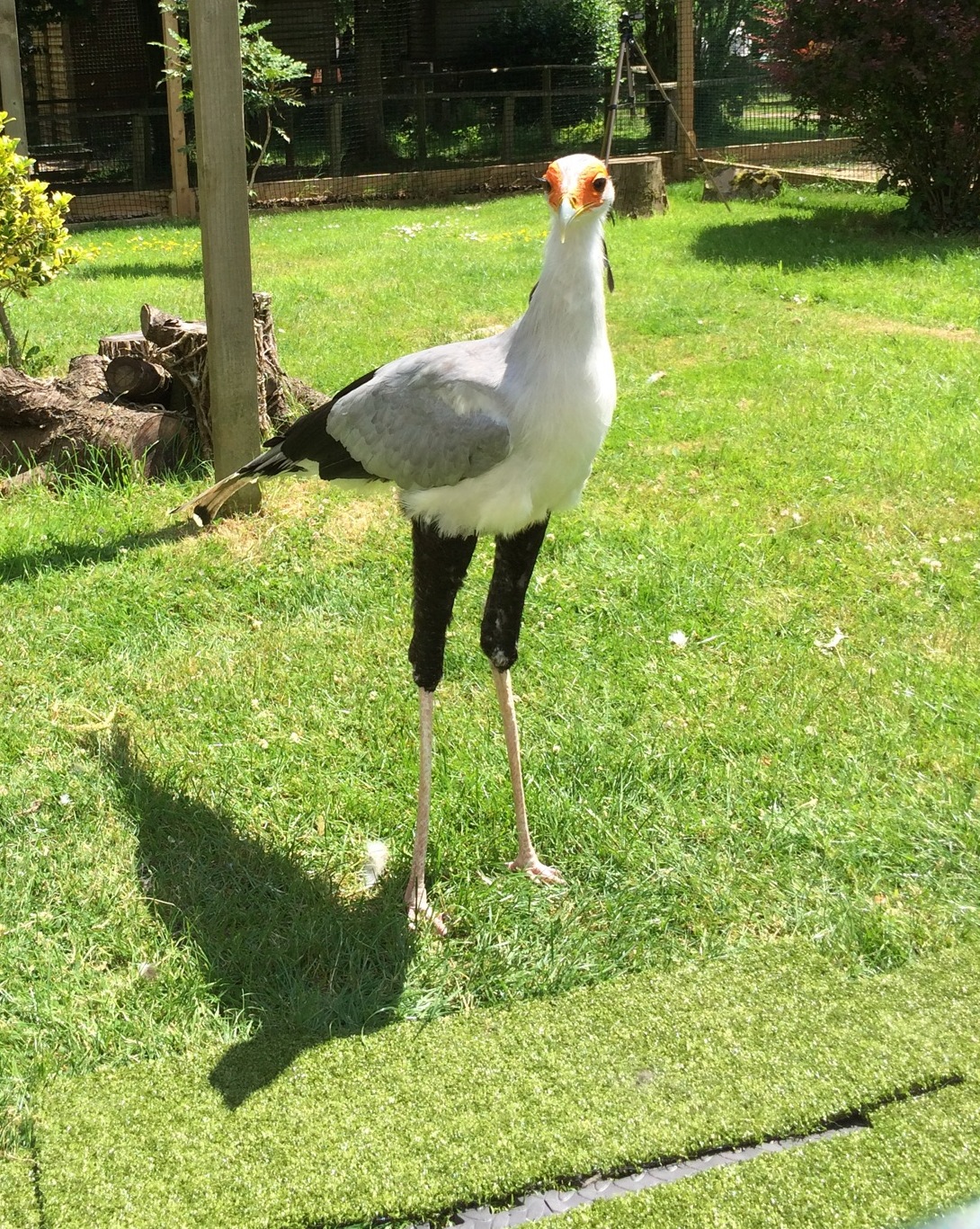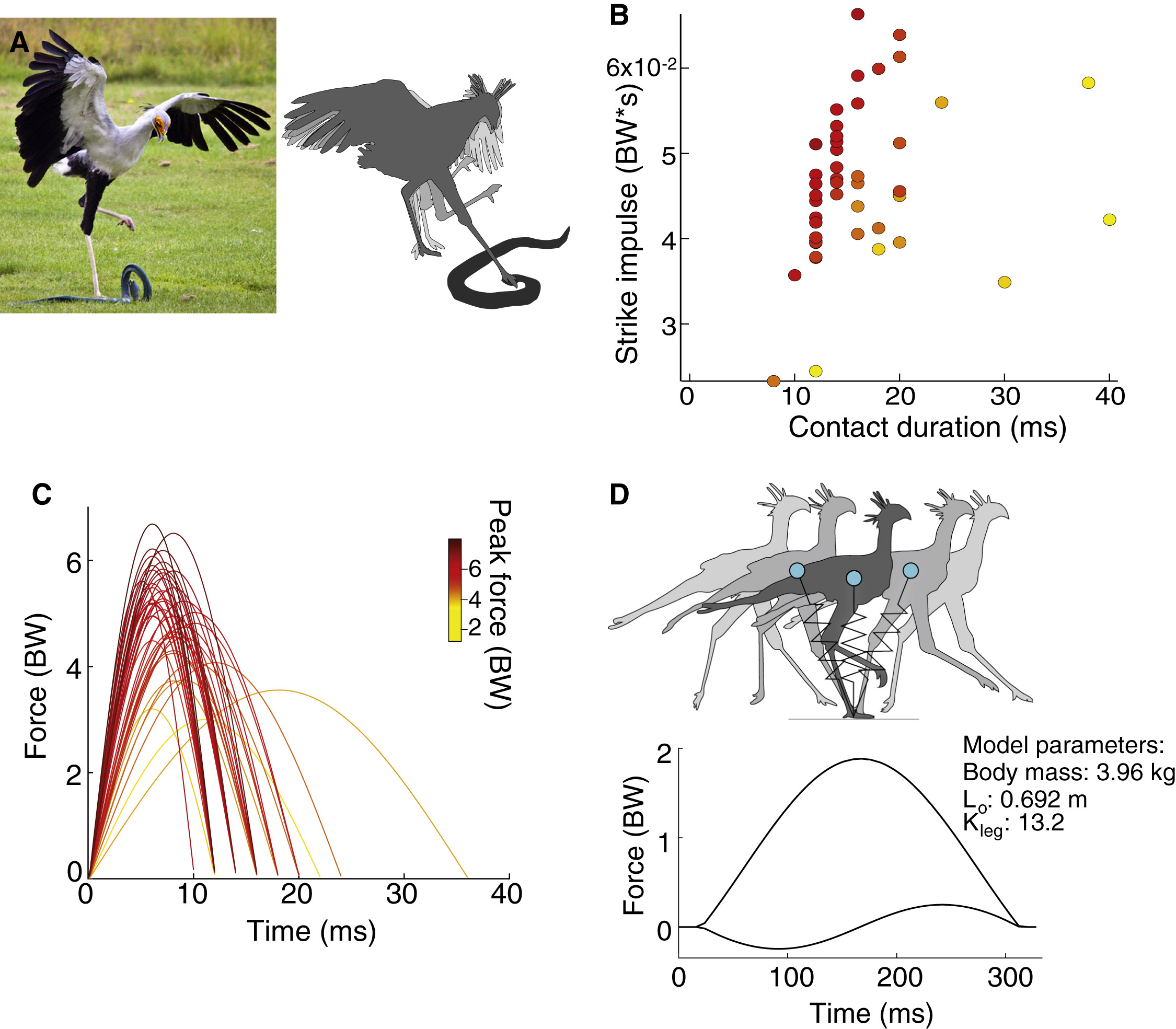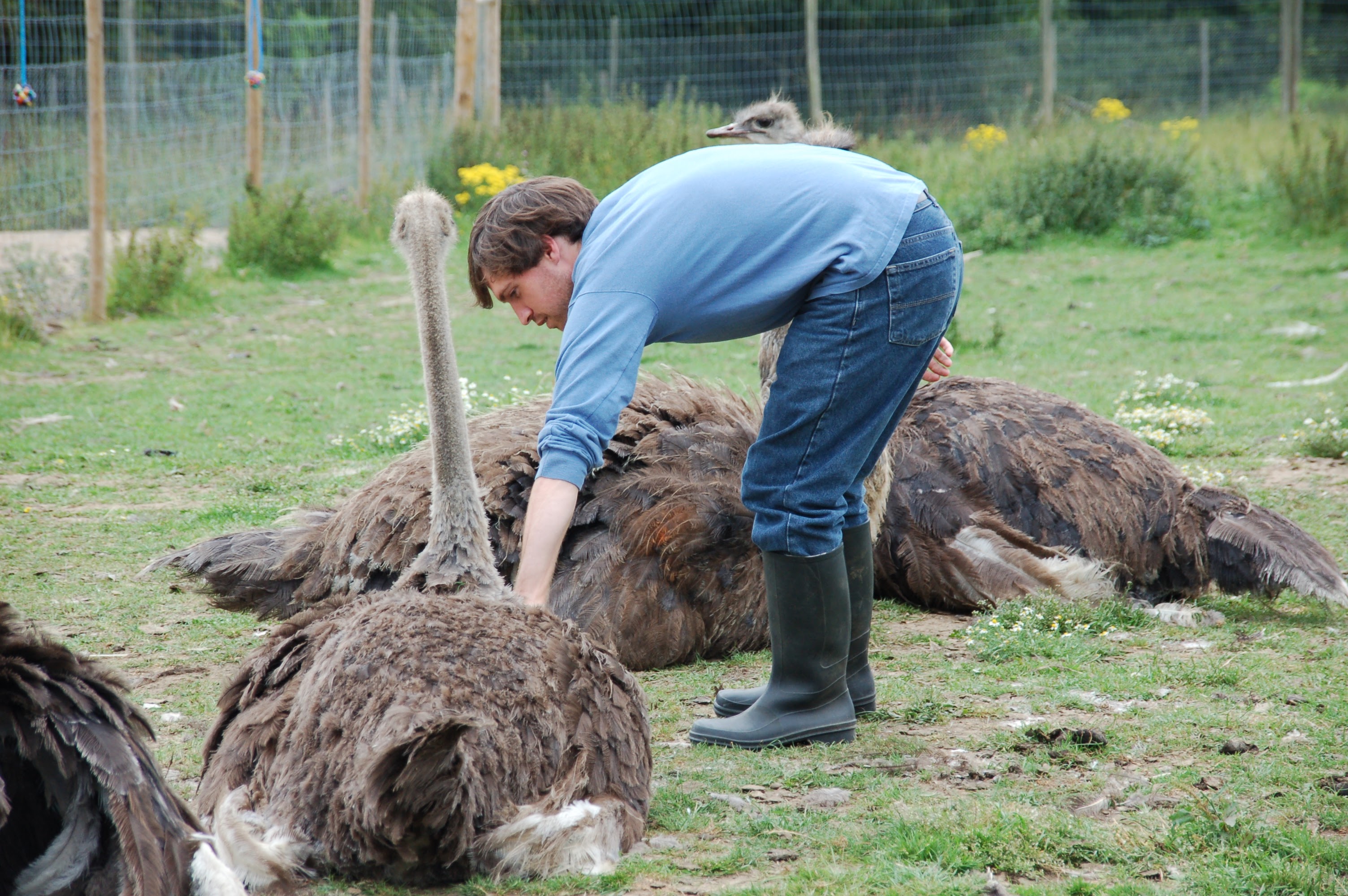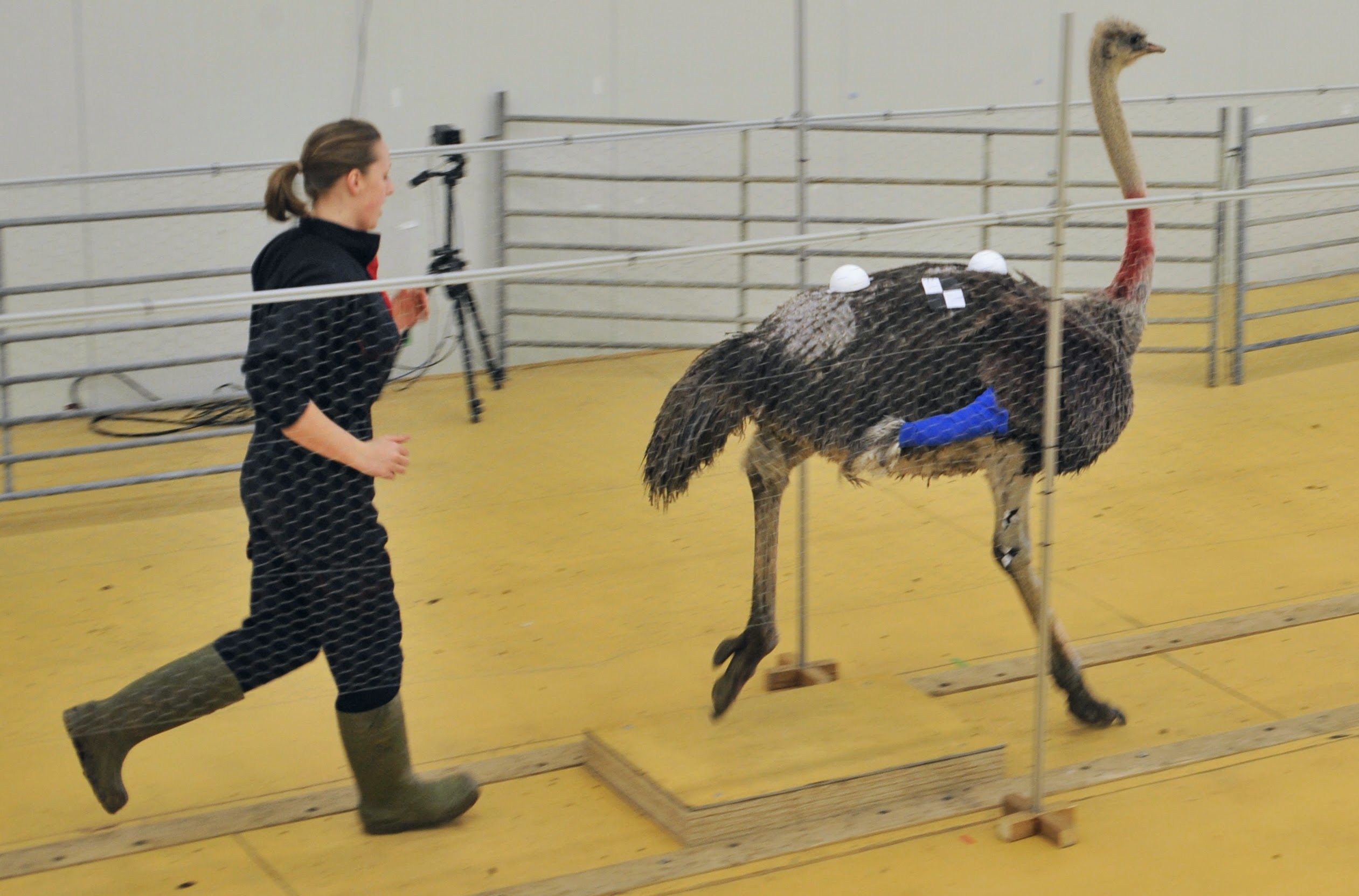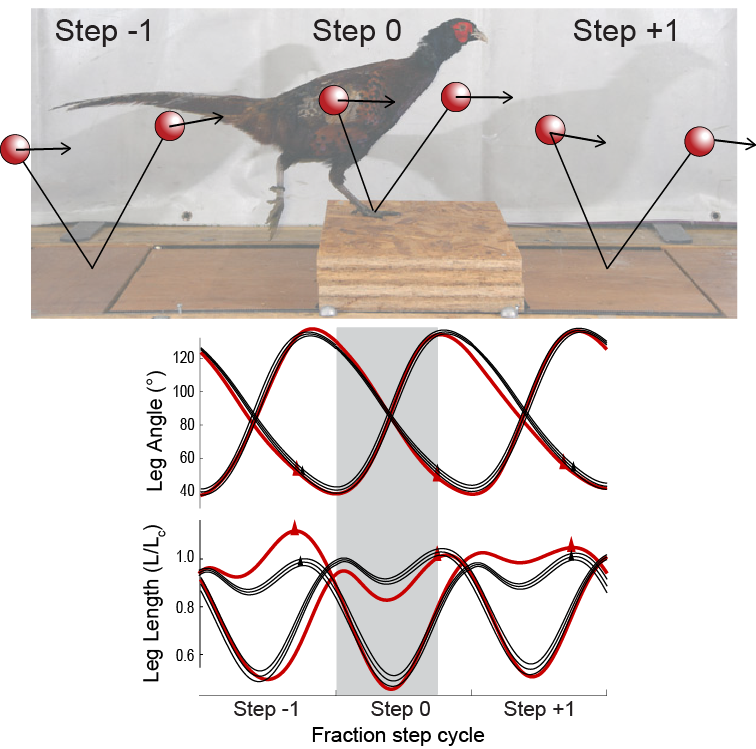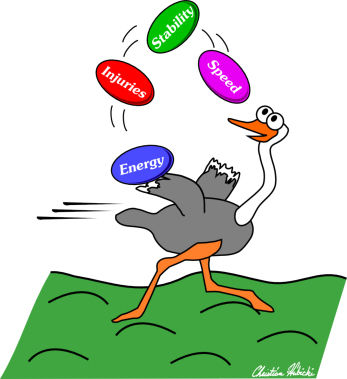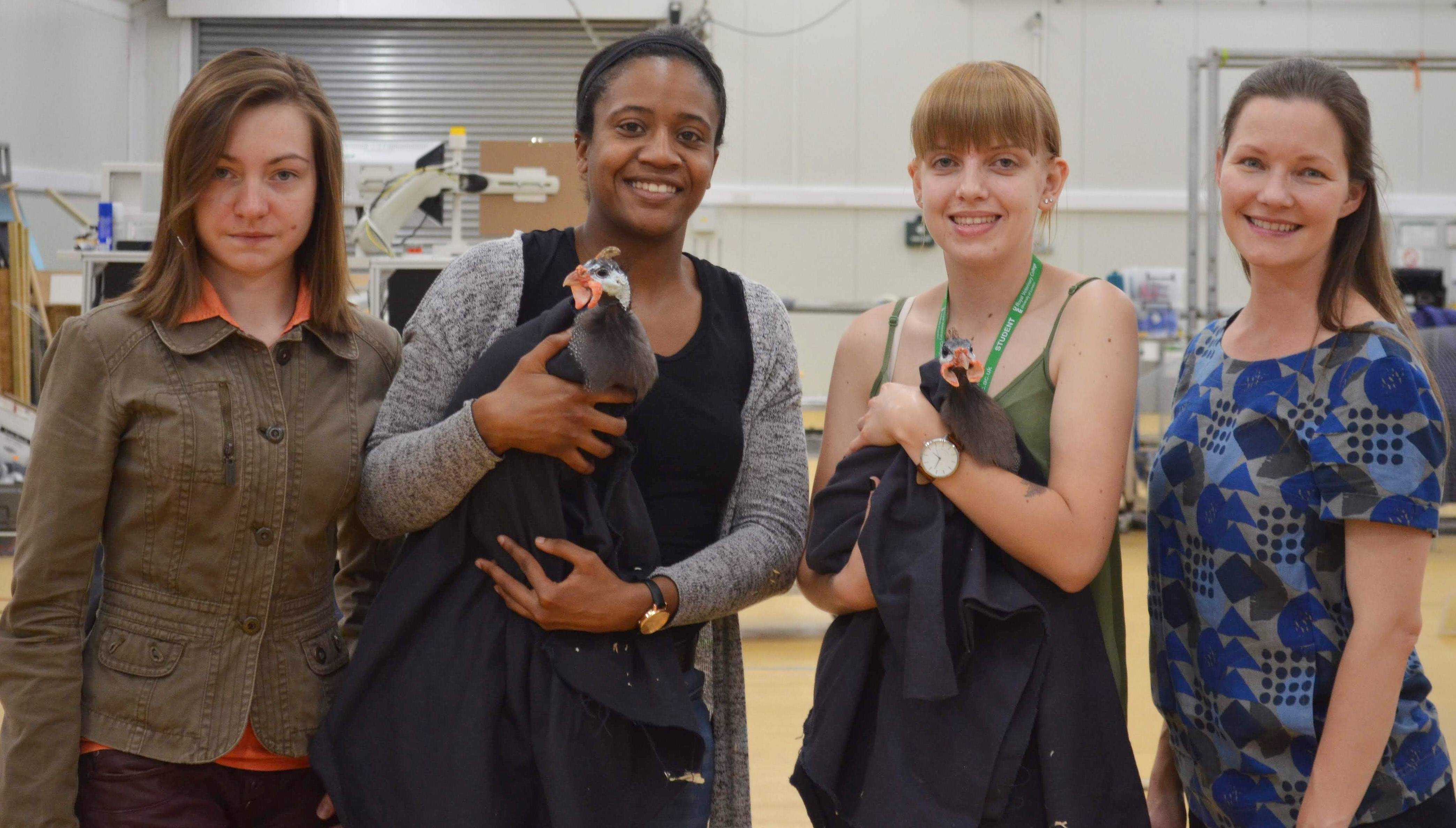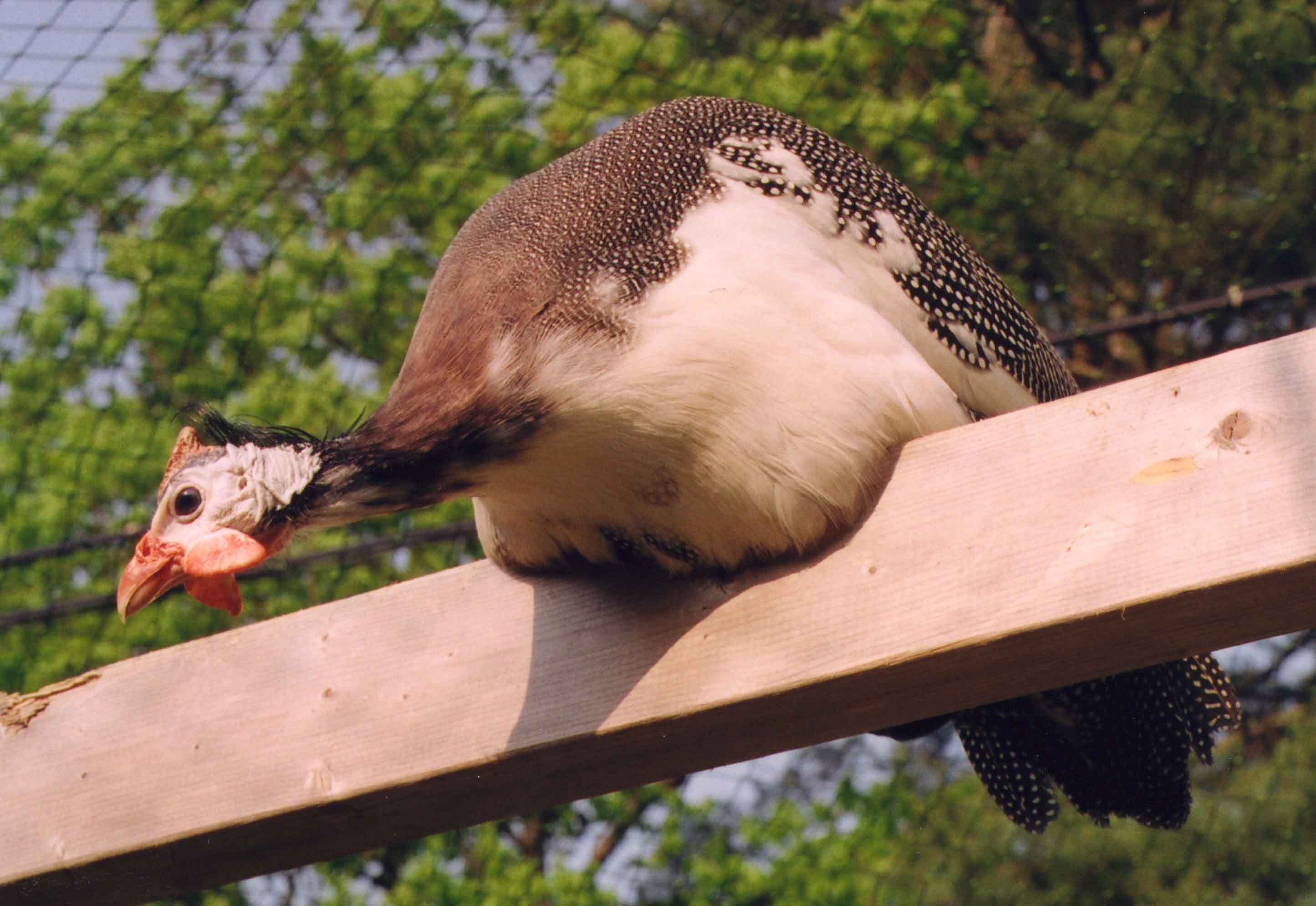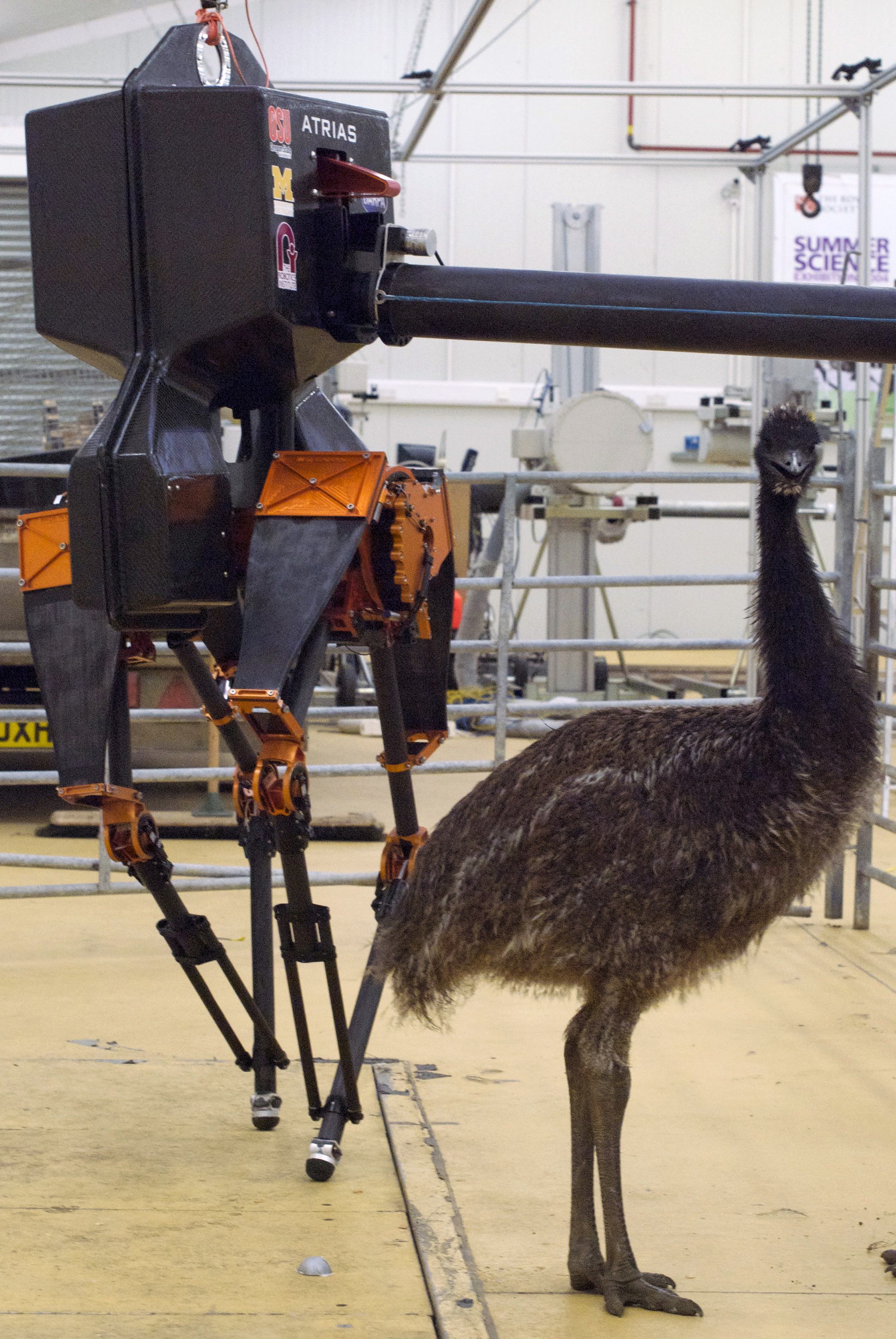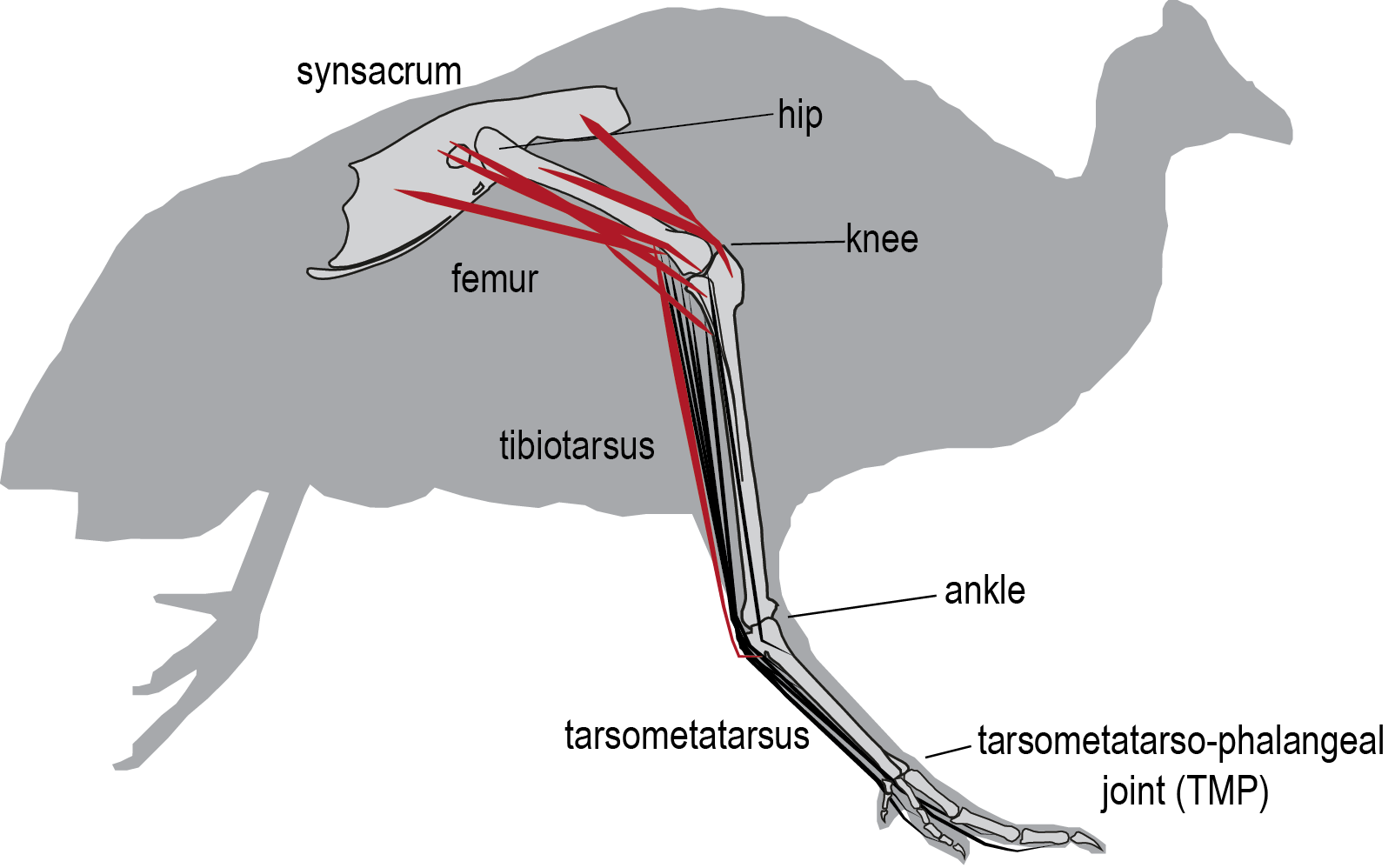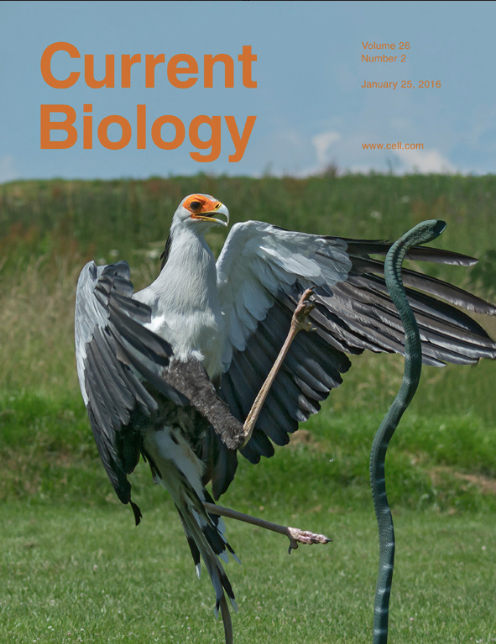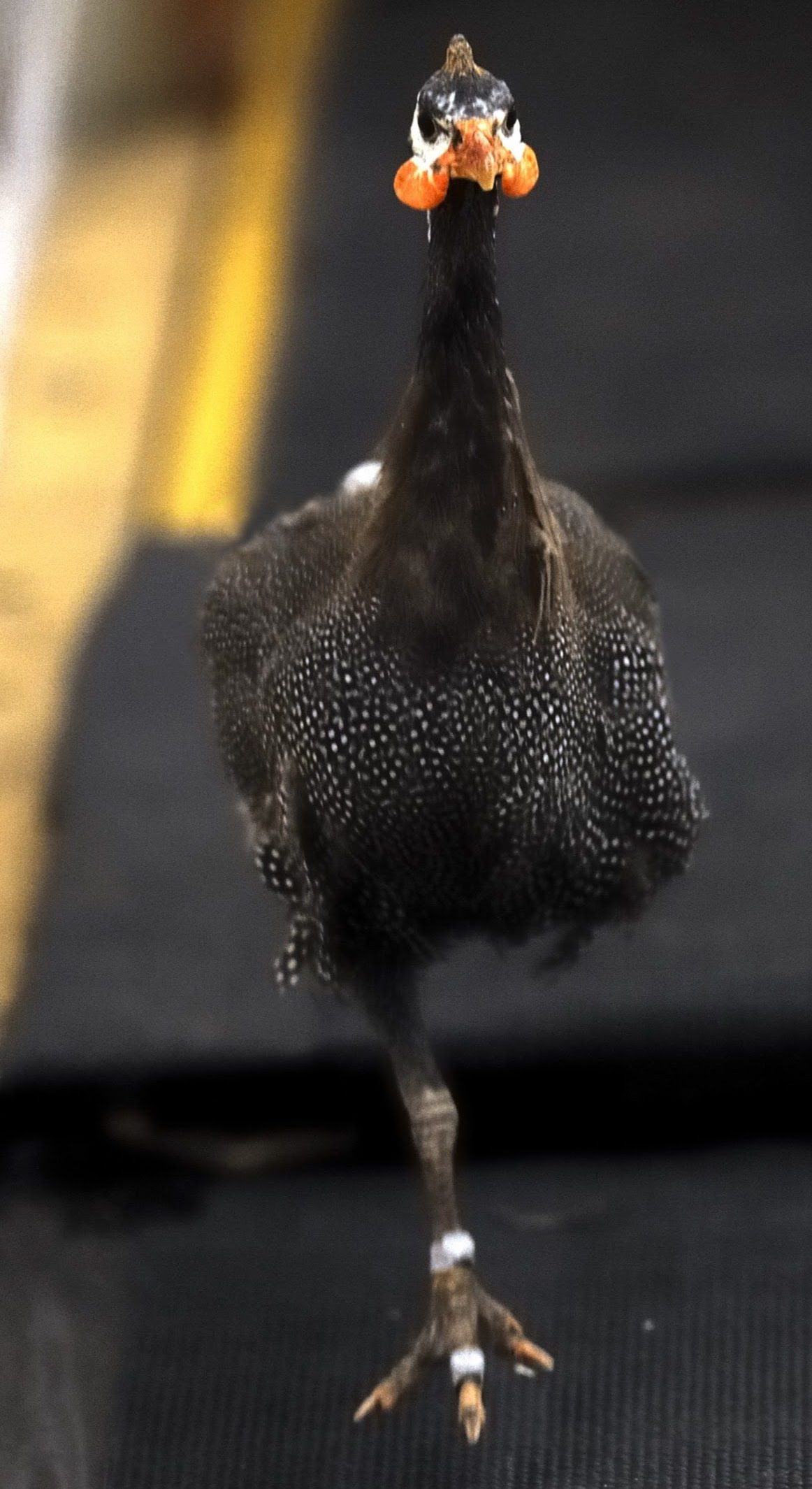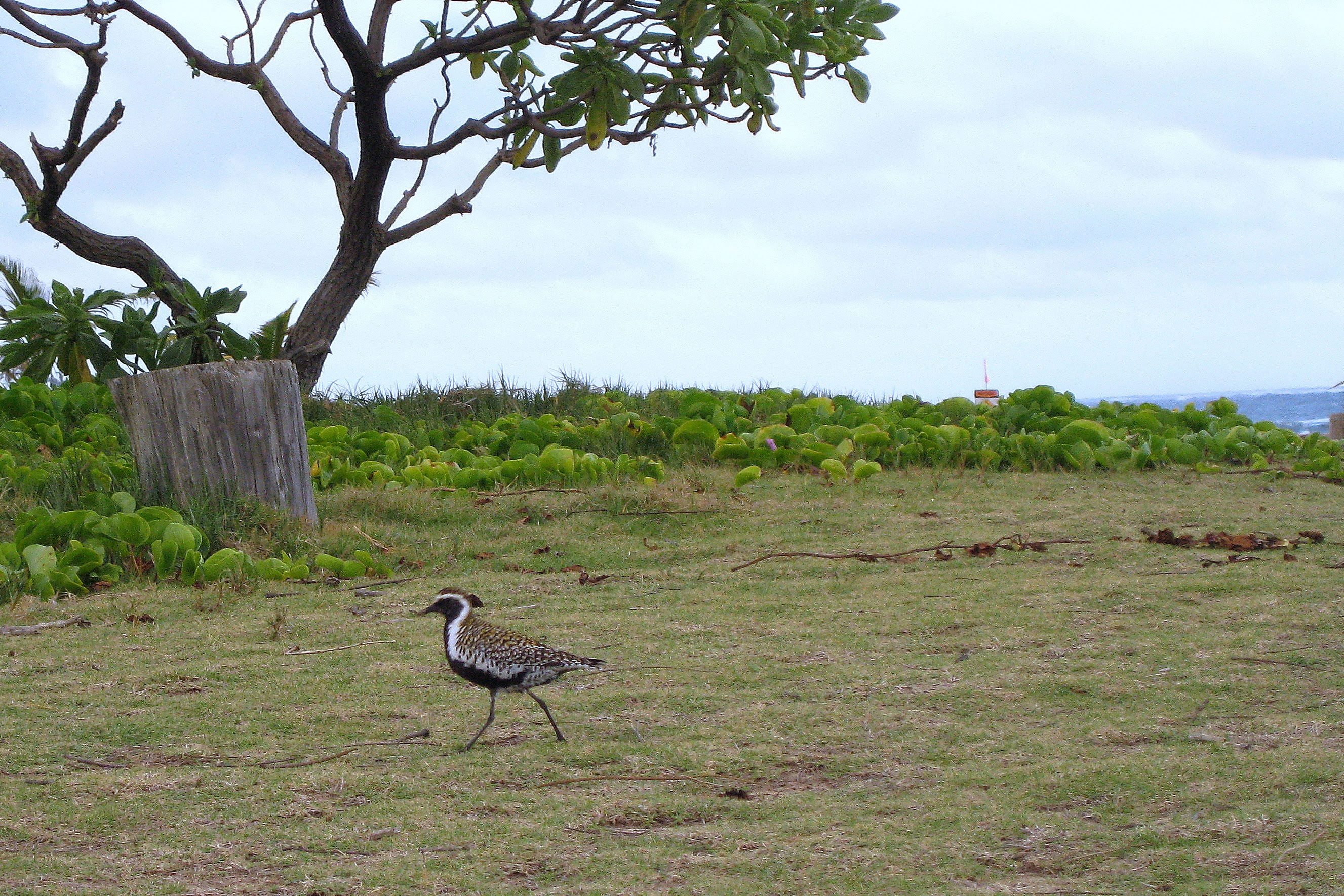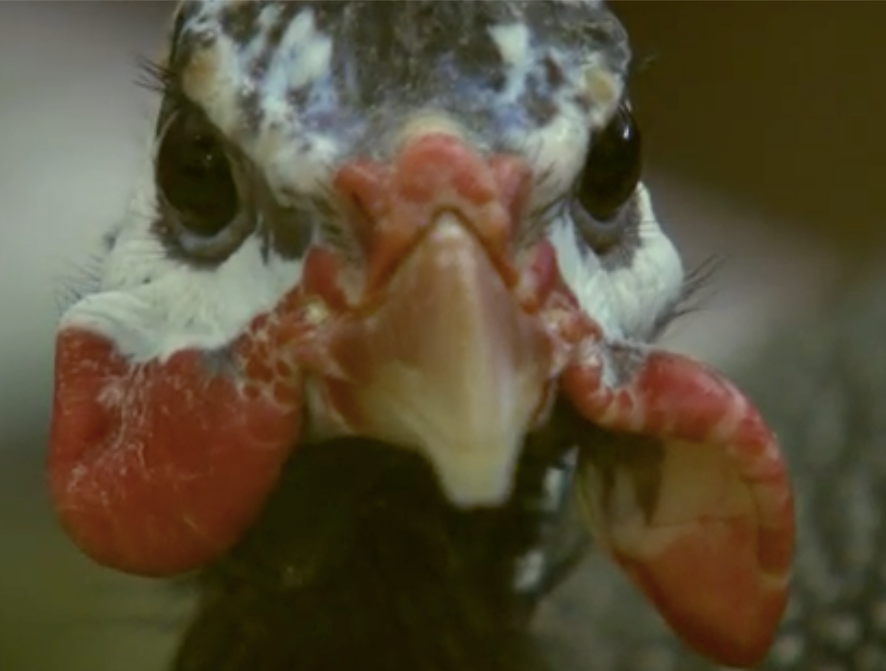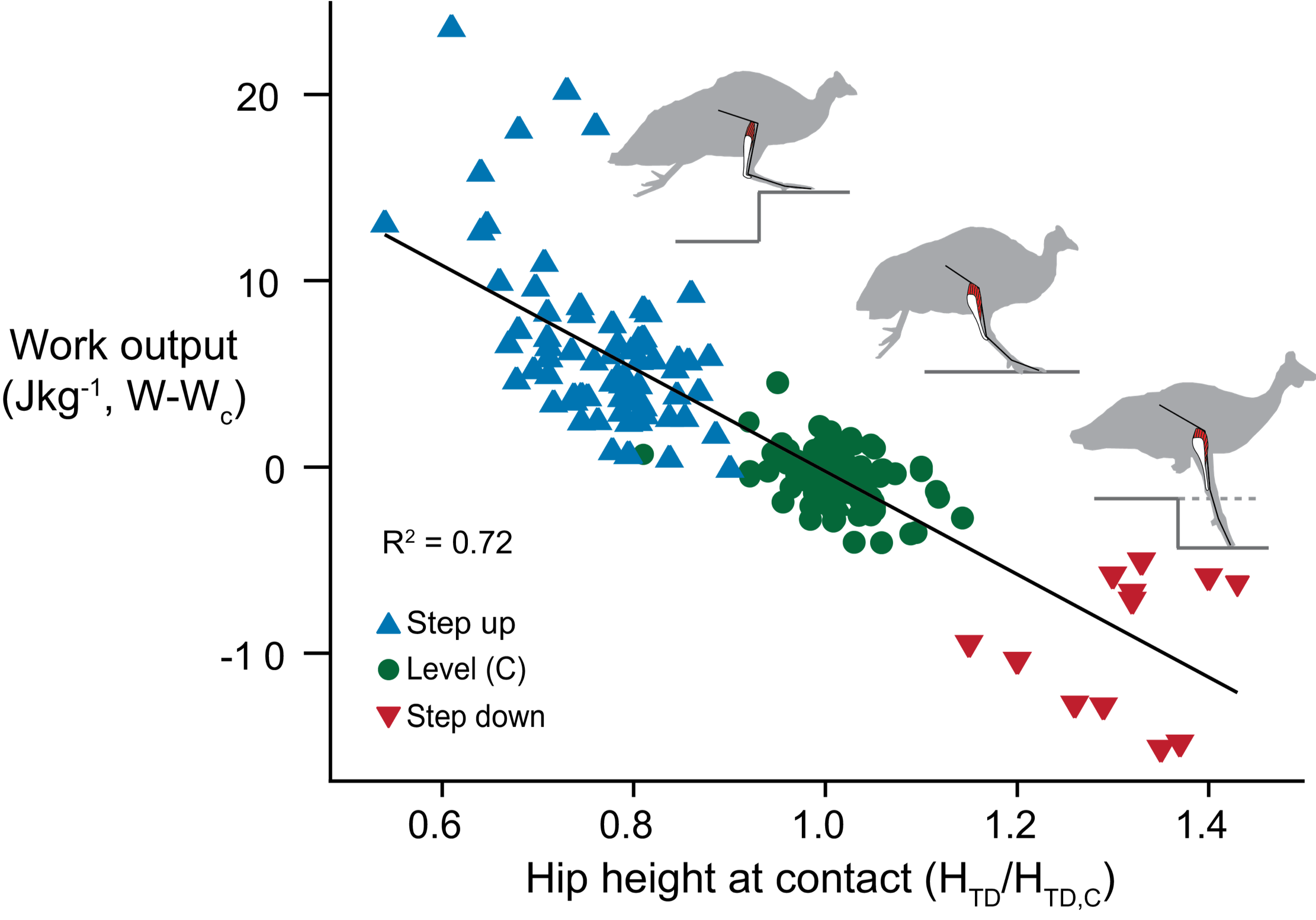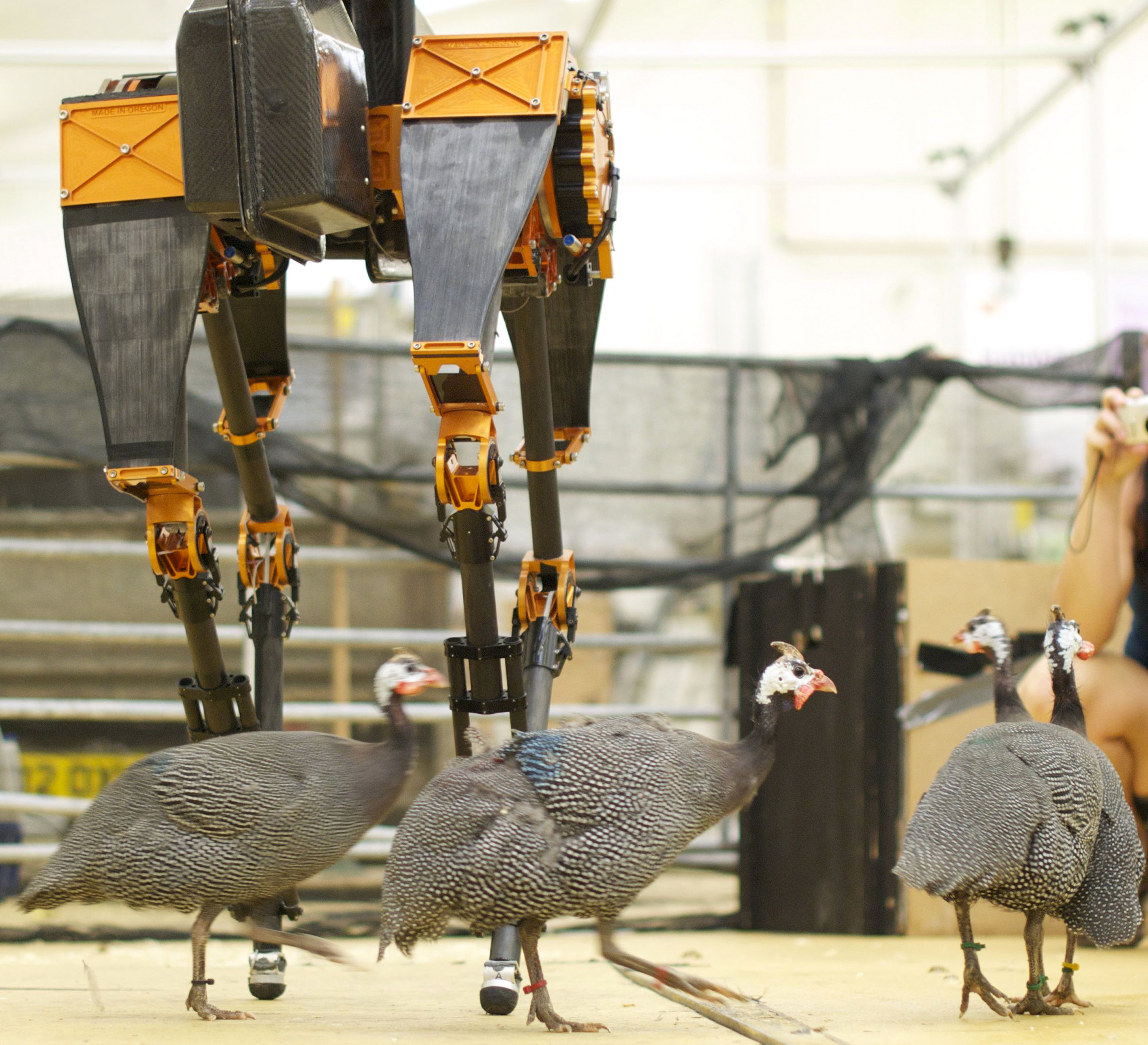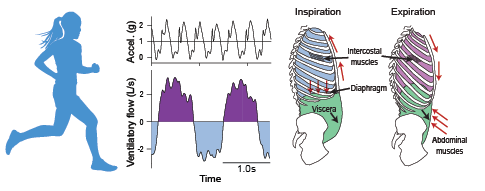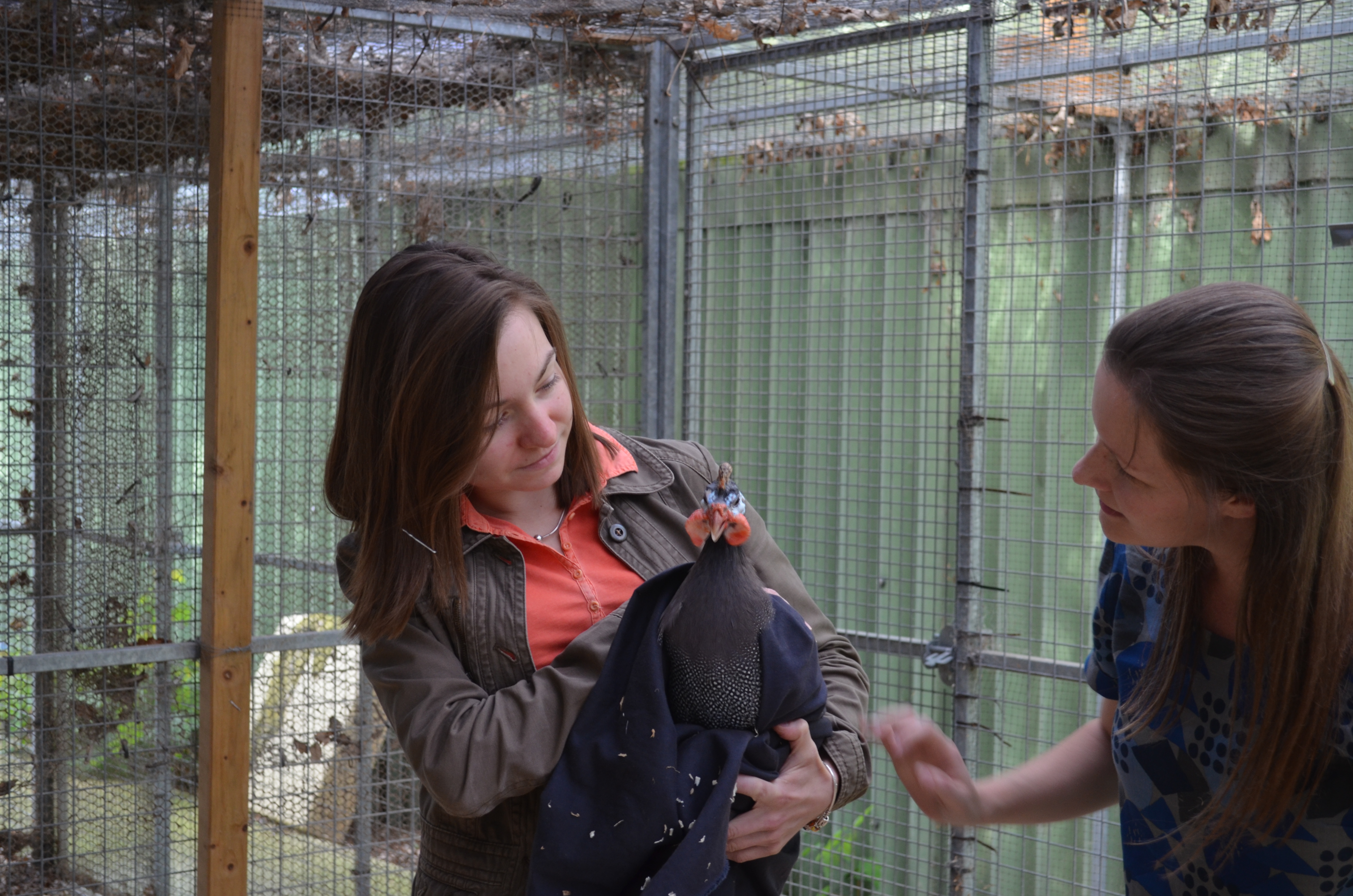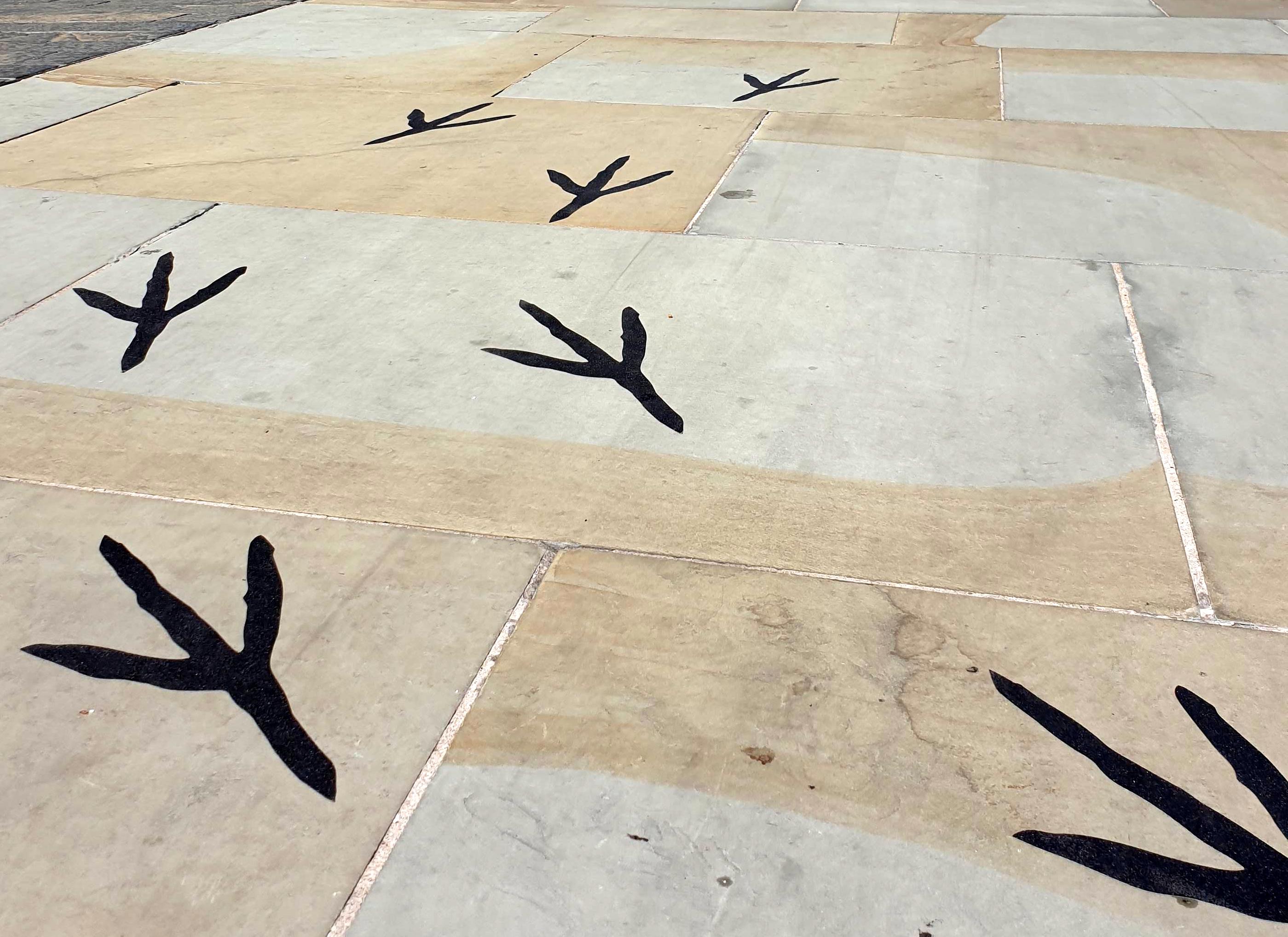We are interested in how and why animals move the way they do.
Locomotion is an important daily behavior for most animals, including humans. Healthy activity levels are essential for health and wellbeing.
In the UCI Neuromechanics lab, we work at the interface of biomechanics and neuroscience to study how the body and mind work together to coordinate movement.
Legged locomotion through natural terrain requires precise control and rapid adjustment of leg-substrate interactions, to avoid falls, collisions and injury. Our research investigates how animals integrate musculoskeletal mechanics and sensorimotor control to achieve agile and stable movement.
Our work focuses mostly on bipedal locomotion in humans and striding ground birds, because bipedal gaits pose unique challenges for balance and stability. We study transient, ‘non-steady’ locomotor tasks, such as acceleration, turning and negotiating uneven terrain. These tasks increase the risks of falls, collisions and injury. We study how animals coordinate their movement to minimize risks while meeting performance demands.
We aim to reveal general principles for agile and stable bipedal locomotion to inform human and animal health and welfare— including clinical gait assessment, treatment of movement disorders, rehabilitation strategies, and bio-inspired engineering of legged robots and mobility technology.

